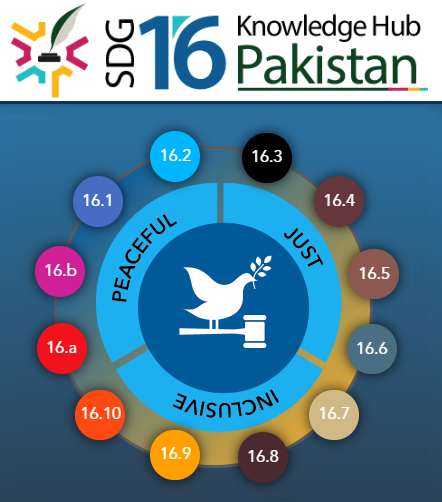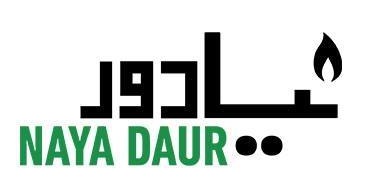

International Day for Judicial Well-being: A Global Call for Action (4 Mar, 2025)
Pakistan Ranks 129 out of 142 in the World Justice Project Rule of Law Index (26 Oct, 2024)
2024 Trafficking in Persons Report: Pakistan (24 June, 2024)
Pakistan ranks second-last in WEF Global Gender Gap Report 2024 (7 Mar, 2025)
KP govt moves to appoint first anti-harassment ombudsperson

Tue, November 28, 2017
PESHAWAR: Preparing the ground for the appointment of the province’s first anti-harassment ombudsperson in line with the court’s orders, the Khyber Pakhtunkhwa (KP) cabinet on Tuesday approved the proposed amendments to the Protection against Harassment of Women at the Workplace (Amendment) Act, 2017.
These amendments lay down procedures for the ombudsperson’s appointment to hear the cases of harassment against women at workplace.
The government hasn’t appointed an anti-harassment ombudsperson in the province since the enforcement of the Protection against Harassment of Women at the Workplace Act in 2010.
In Sept, the Peshawar High Court had ordered the appointment of the ombudsperson.
The approval to amendments to the anti-harassment law was made during a meeting chaired by Chief Minister Perez Khattak and attended by cabinet members, chief secretary and administrative secretaries here.
Cabinet okays amendments to law on workplace harassment, agrees to regularisation of 36,000 contractual teachers
Under the amendments to be approved by the provincial assembly for coming into force, the word ‘ombudsman’ mentioned in Section 7 has been changed to ombudsperson, while a new provision i.e. Section 7(2) has been inserted into the law stating the search and scrutiny committee will recommend from one from among a panel of candidates to the government for appointment as ombudsperson.
The original Act had left the appointment to the discretion of the government and lacked detailed procedure for the appointment.
The search and scrutiny committee will be headed by the chief secretary with secretaries of the social welfare, finance, law and establishment departments as its members.
The committee will scrutinise documents of all candidates and recommend to the government a candidate as ombudsperson.
In addition, the ombudsperson will be eligible to all perks and privileges of BPS-21 officer and that his or her appointment will be made for a period of three years.
The cabinet also agreed to the regularisation of 36,278 contractual teachers hired through the National Testing Service tests during the current government’s tenure.
The regularisation of the employees will be made through an act of the provincial assembly.
The cabinet also upgraded the status of advisers to the chief minister Ishtiaq Urmur and Mushtaq Ahmad Ghani to the full provincial ministers’ on faring well on their respective responsibilities.
The cabinet also approved Rs23.93 billion for the priority projects, including Rs4 billion for KP Highway Authority, Rs5 billion for communication and works projects, Rs1.3 billion for solarisation schemes, Rs2 billion for irrigation projects, Rs1 billion for higher education projects, Rs1 billion for secondary education, Rs2 billion for irrigation, Rs1.6 billion for electricity related projects and Rs300 million for gas-related projects.
It approved a notification allowing the collection of infrastructure development cess (IDC) through the excise and taxation department. Though the department was collecting the IDC; however, KP Finance Act 2013 had authorised the KP Revenue Authority to collect this levy. An official told Dawn that the excise department was better suited to collect that tax.
The cabinet also empowered the excise department to collect abiana and other revenue.
The chief minister told the cabinet that the province was getting only 10 percent of its 13.5 percent share in electricity production, which was not acceptable.
He said the share of the province in the whole distribution formula stands as 13.5 and therefore, there should be a uniform approach giving the province its due share under the formula laid down by the Nepra.
The cabinet also approved the budgetary provision and transparency in the TMAs’ accounts under the overall distribution of resources design and ordered the holding of a meeting of finance and local government departments and AG office in order to bring visible transparency in the efficient use of resources at the lowest tiers of governance.
The cabinet approved the communication policy of the information department suggesting a shift from traditional information gathering mechanism to the overall innovative mechanism, including effective use of alternative and new media.
The new mechanism will also include publicity on Facebook, Twitter and other forums of social media.
Copyright © 2026 pjn.org.pk








